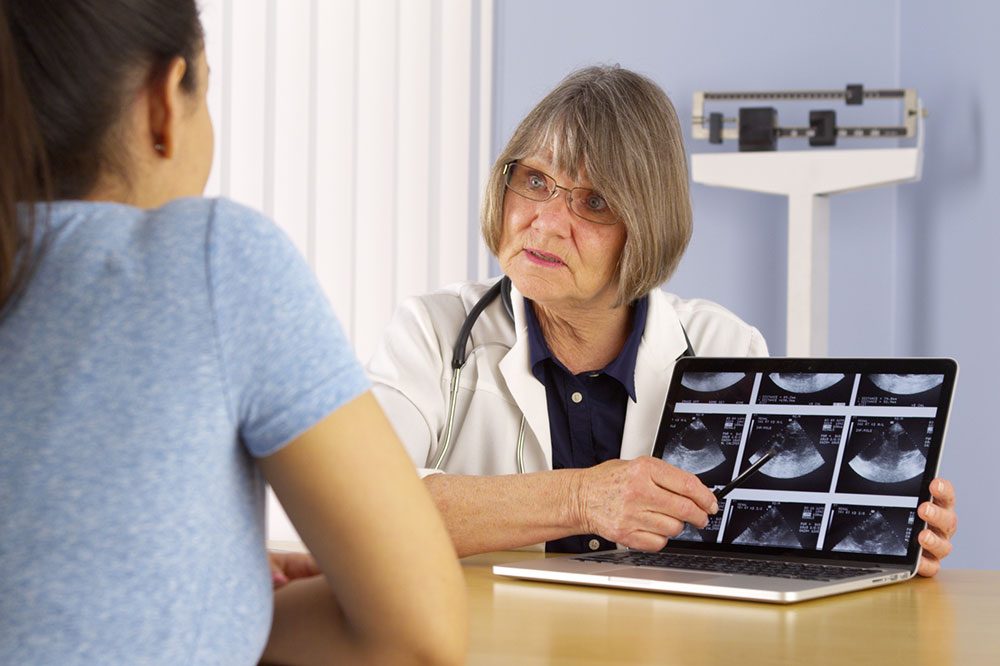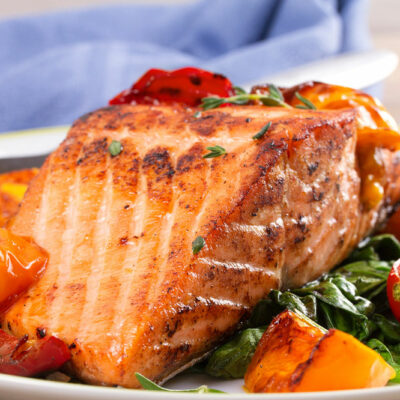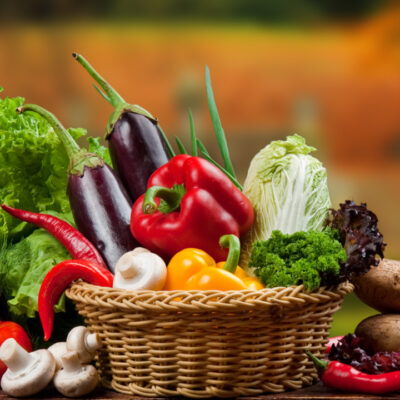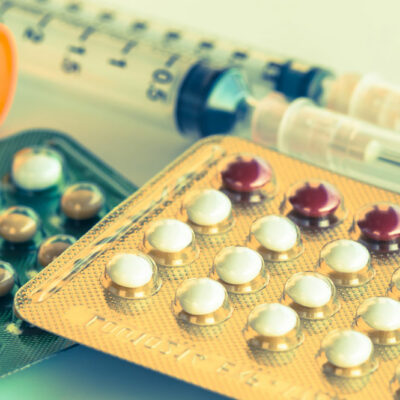
Foods to Help Manage Cervical Cancer
Eating a healthy balanced diet can help to prevent a number of health conditions. If you have been diagnosed with cervical cancer, then eating healthily can help you to manage the disease’s progress and cope with your treatment better. Consuming enough calories can also help you manage your weight better. Here are a few points to consider when you are planning a diet to help manage cervical cancer.
- Fruits and vegetables: You should incorporate a wide variety of fruits and vegetables in your diet to manage cervical cancer. These foods are packed full of nutrients and are a good source of antioxidants such as vitamins such as A, C and E. It is recommended that you consume at least 2.5 cups of fruits and vegetables daily, including citrus variants. These food options can also boost the body’s ability to fight an HPV infection and prevent it from making the cells in the cervix cancerous.
- Proteins: In addition to including lean proteins found in fish, poultry, lean red meat, eggs, and low-fat dairy products must also be part of your diet to manage cervical cancer. You can also choose protein-rich items such as yogurt or cheese and crackers to snack on during the day. This will provide your body with the proteins and calories it needs to keep your weight stable and to heal and recover faster. If you do not eat meat you can choose nuts and nut butter, beans and soya.
- Foods rich in folate: Studies have found that foods rich in folate, which is a water-soluble B vitamin, can reduce the risk of cervical cancer in individuals with HPV. Hence, including foods such as fortified cereals and bread, lentils, strawberries and chickpeas in your diet can lower your risk of developing the disease, especially if you have had an HPV infection.
- Foods rich in beta-carotene and carotenoids: Including foods rich in beta-carotene and carotenoids such as carrots, pumpkin, squash and sweet potato in your diet to manage cervical cancer could be beneficial. These yellow and orange-colored fruits and vegetables help to fight damage caused by carcinogens. They are also rich in vitamin A.
- Whole grains: Opting for brown rice and whole grain pasta over white bread and pasta can help you to manage your weight. Whole grains such as oatmeal are also high in vitamin E and good carbohydrates. They help to boost energy levels, and can help you cope with the side effects of cervical cancer treatments.
- Avoid sweets and sugar: Limiting or restricting your consumption of sugary foods and desserts should be considered. These have little or no nutritional value and should be replaced with healthier alternatives.
- Staying hydrated: Ensure that you consume plenty of fluids while undergoing cervical cancer treatment as this will help to prevent dehydration. Avoid caffeinated beverages and sugary or carbonated juices.


